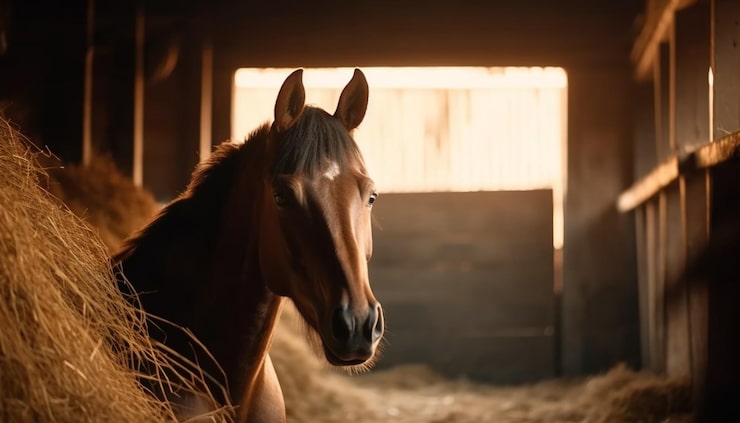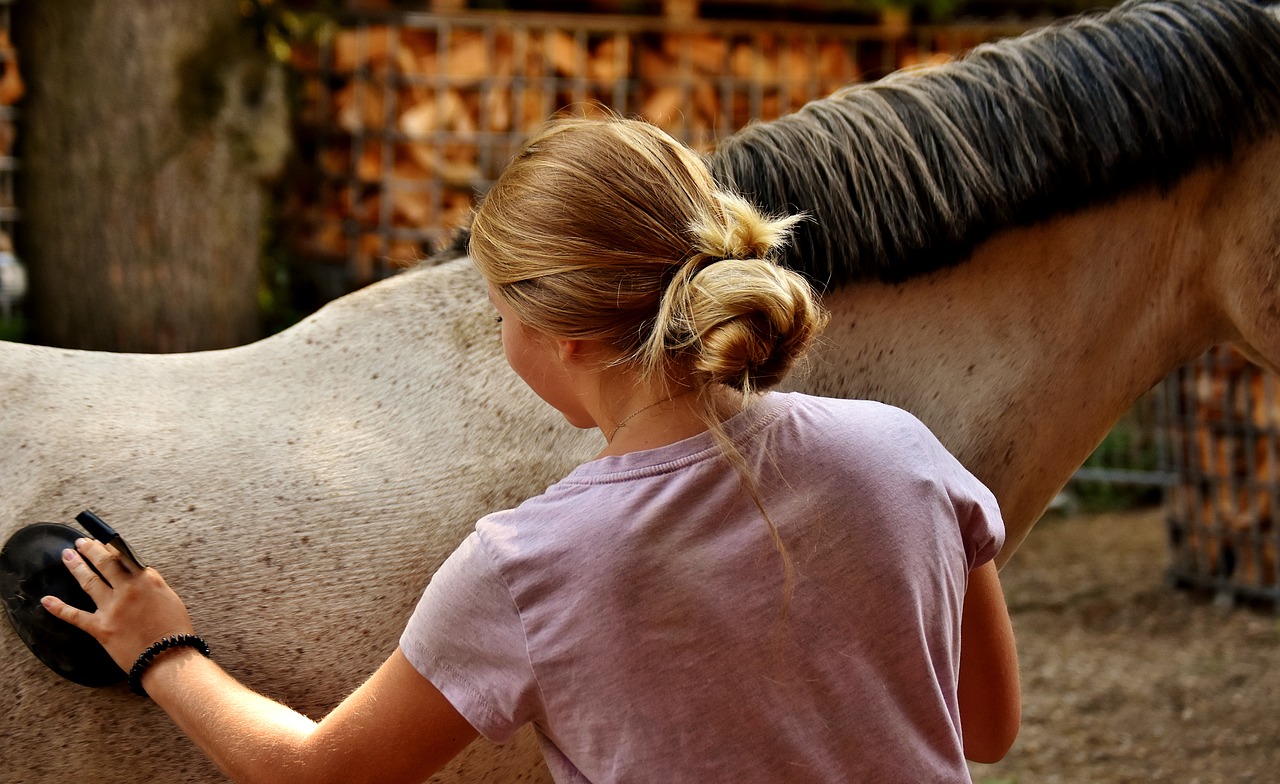As horses age, their nutritional needs change. Providing the best feed for older horses is crucial for maintaining their health and vitality. Older horses often face challenges such as dental issues, reduced digestion efficiency, and a need for different energy levels. Finding the right balance in their diet can significantly contribute to their overall well-being.

Why Nutrition Matters for Senior Horses
Nutrition plays a pivotal role in the health of senior horses. As they age, their bodies undergo changes that can affect how they process food. Ensuring they receive the right nutrients is essential for supporting their immune system, maintaining a healthy weight, and keeping their energy levels stable.
Common Nutritional Challenges for Older Horses
Older horses often encounter specific nutritional challenges. These can include difficulty chewing due to dental issues, decreased digestive efficiency, and a higher risk of weight loss. Understanding these challenges can help horse owners make informed decisions about their horses’ diets.
Key Nutrients for Senior Horses
When considering the best feed for older horses, it’s important to focus on key nutrients that support their health. These include:
Protein
Protein is essential for maintaining muscle mass and supporting overall health. Older horses may require higher protein levels to compensate for decreased digestive efficiency.
Fiber
A diet rich in fiber is crucial for maintaining healthy digestion in senior horses. Fiber helps ensure proper gut function and can be found in high-quality hay and specialized senior horse feeds.
Vitamins and Minerals
Vitamins and minerals such as vitamin E, vitamin C, and selenium are important for supporting the immune system and overall health in older horses.
Types of Feed for Older Horses
There are various types of feed available for senior horses, each offering different benefits. Selecting the right type of feed depends on the individual needs of the horse.
Complete Feeds
Complete feeds are designed to provide all the necessary nutrients in a single product. They are often easier for older horses to chew and digest.
Forage-Based Feeds
Forage-based feeds are high in fiber and can be beneficial for maintaining digestive health. These feeds may be supplemented with additional nutrients to meet the needs of senior horses.
Supplemental Feeds
Supplemental feeds can be added to a horse’s diet to provide specific nutrients that may be lacking. These are particularly useful for addressing individual health concerns.
Signs Your Horse May Need a Diet Change
Recognizing when a senior horse may need a diet change is important for maintaining their health. Signs to watch for include weight loss, changes in coat condition, and decreased energy levels.
Consulting with a Veterinarian
Before making any significant changes to a senior horse’s diet, it’s important to consult with a veterinarian. They can provide guidance on the specific nutritional needs of the horse and recommend appropriate feed options.
Implementing Dietary Changes
When implementing dietary changes for senior horses, it’s important to do so gradually. This helps prevent digestive upset and allows the horse to adjust to the new diet.
Monitoring Your Horse’s Health
Regularly monitoring a senior horse’s health is essential for ensuring their nutritional needs are being met. This includes observing their weight, coat condition, and overall energy levels.
Additional Care Considerations
In addition to providing the best feed for older horses, there are other care considerations to keep in mind. Regular dental check-ups, proper grooming, and adequate exercise all contribute to a senior horse’s well-being.
Conclusion
Providing the best feed for older horses is a key aspect of ensuring their health and longevity. By understanding their unique nutritional needs and making informed choices about their diet, horse owners can help their senior horses enjoy a healthy and active life.

Frequently Asked Questions
What is the most important nutrient for older horses?
Protein is often considered the most important nutrient for older horses, as it helps maintain muscle mass and overall health.
How can I tell if my senior horse needs a diet change?
Signs that a senior horse may need a diet change include weight loss, a dull coat, and decreased energy levels. Consulting with a veterinarian can provide further guidance.
Are there specific feeds designed for older horses?
Yes, there are complete feeds and forage-based feeds specifically formulated to meet the nutritional needs of older horses.
For more information on caring for older horses, visit Rutgers University and The Horse. For additional resources, see Senior Horse Practices and Horse Dental Exam.
This article contains affiliate links. We may earn a commission at no extra cost to you.
